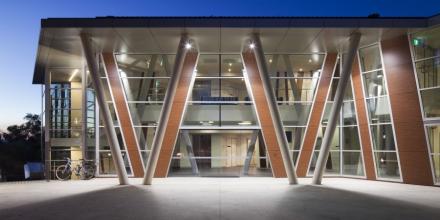Does Indonesia have a 'competitiveness' problem?

Event details
ACDE Seminar
Date & time
Venue
Speaker
Contacts
Indonesia is undergoing two major transitions: a longer term one from authoritarian to democratic rule accompanied by major institutional transformation; and a shorter term one as it adjusts to an era of lower commodity prices. Both have implications for the country’s competitiveness, in both broader macroeconomic and exchange rate adjustment, and in regulatory reform and building supply-side capabilities that underpin international competitiveness. Noting Krugman’s (1994) caution concerning the misleading use of the term competitiveness, we ask whether the country’s moderately rapid economic growth can be maintained in an era of lower commodity prices and intensified regional and international competition, especially as the ASEAN Economic Community takes effect in December 2015. We address this question in a comparative context by employing a range of quantitative techniques, including the real exchange rate, constant market share analysis, unit labour costs, and total factor productivity, supplemented by additional infrastructure, education and business climate indicators. Our principal conclusion is that Indonesia does appear to have a potential ‘competitiveness problem’, and therefore that major policy reforms are required to sustain economic growth.
Updated: 27 July 2024/Responsible Officer: Crawford Engagement/Page Contact: CAP Web Team






